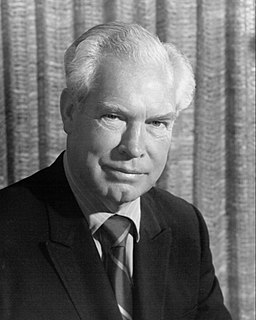A Quote by John Milton
Related Quotes
They were still in the happier stage of love. They were full of brave illusions about each other, tremendous illusions, so that the communion of self with self seemed to be on a plane where no other human relations mattered. They both seemed to have arrived there with an extraordinary innocence as though a series of pure accidents had driven them together, so many accidents that at last they were forced to conclude that they were for each other. They had arrived with clean hands, or so it seemed, after no traffic with the merely curious and clandestine.
When the children had completed an absorbing bit of work, they appeared rested and deeply pleased. It almost seemed as if a road had opened up within their souls that led to all their latent powers, revealing the better part of themselves. They exhibited a great affability to everyone, put themselves out to help others and seemed full of good will.
It was like everything that supported the relationship was coming from the outside. Judging by all the signs, we were a perfectly successful couple and John was an ideal husband for me - rich, blond, tall, sensitive, ad nauseam. But even worse, it seemed as if our most intimate conversations were based on what we were supposed to be saying, and what we were supposed to be. Nothing seemed to come directly from us.
But if I did read, say, [Maurice] Merleau-Ponty, for instance, it always seemed to me that the parts that I understood in what he was talking about - and I read him because - well, he wrote a book, well, the Phenomenology of Perception [New York: Humanities Press, 1962]. And it seemed to me that perception had a lot do with how we take in art.







































